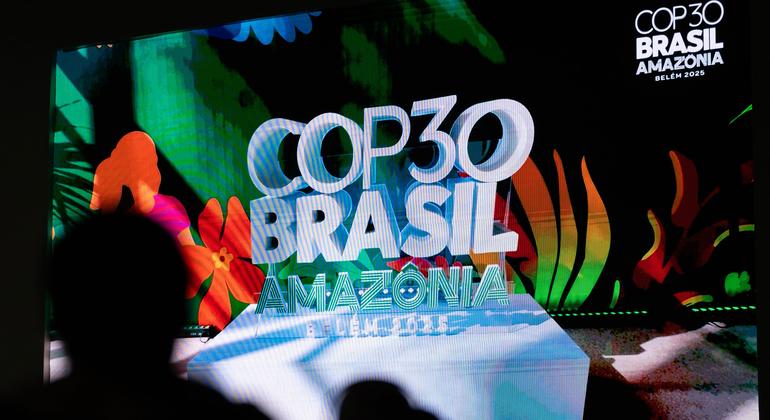In Belém, Brazil, COP30 took place, where participating countries reached a crucial agreement that includes a comprehensive package to increase climate financing and accelerate the implementation of the Paris Agreement. However, the final declaration does not include an explicit commitment to phasing out fossil fuels, which has raised concerns among several negotiators, especially from South America and the European Union, as well as various civil society groups.
The pact sets an ambitious goal of mobilizing $1.3 trillion annually for climate actions by 2035. It is designed for developed countries to lead this effort. Additionally, it proposes to double the funding for climate change adaptation by 2025 and triple it from 2035 onwards. The establishment of replenishment cycles for the fund addressing losses and damages from climate change is also reaffirmed. Furthermore, two new significant initiatives are launched: the Global Implementation Accelerator and the Belém Mission, aiming to meet the temperature goals set in the Paris Agreement.
For the first time in a conference of this nature, the issue of climate misinformation is addressed, committing to promote information integrity and counter narratives that hinder science-based actions. This step is considered crucial to safeguard public trust in climate policies, despite criticisms of the lack of clarity regarding the energy transition.
The negotiations of COP30, the first to be held in the Amazon, were complex and moments of tension were present, including protests from indigenous groups and a fire that disrupted discussions. COP30 President André Corrêa do Lago acknowledged the unachieved ambitions and announced plans to establish roadmaps to halt deforestation and facilitate a just and orderly transition to phasing out fossil fuels.
UN Secretary-General António Guterres praised the agreement reached, stating that it demonstrates that nations can still come together to address global challenges. However, he also highlighted that consensus-building has become more challenging in a climate of geopolitical divisions. Guterres reiterated the urgency of making deep and swift emissions cuts, emphasizing that although COP30 has concluded, the fight against climate change remains essential and requires continued pressure for increased ambition and solidarity.
Source: MiMub in Spanish
